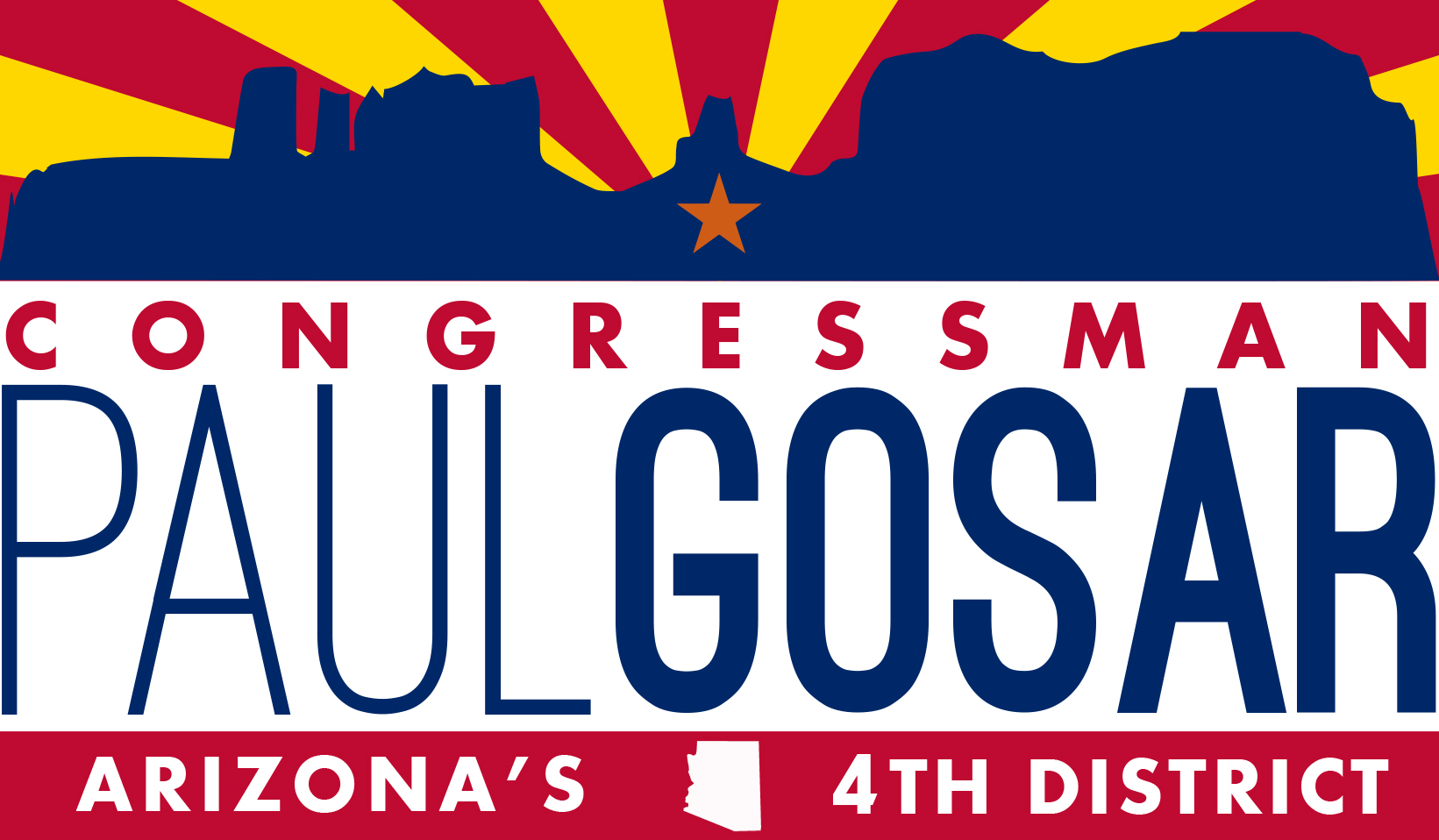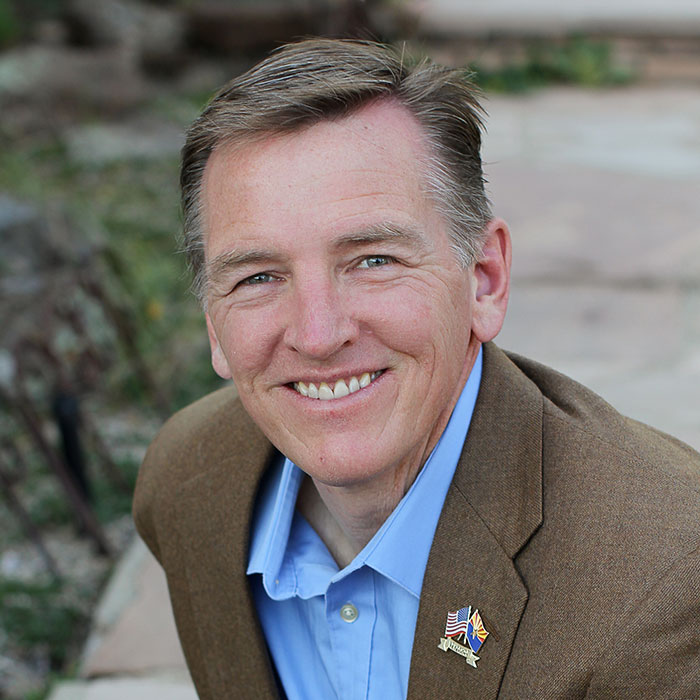|
Today, U.S. Congressmen Paul Gosar (R-AZ) (Chairman Energy and Minerals Subcommittee, House Natural Resources), Jared Polis (D-CO), Trent Franks (R-AZ) and Mike Thompson (D-CA), introduced bipartisan legislation, the Public Land Renewable Energy Development Act of 2017, which aims to streamline the permitting process for wind, solar and geothermal development on public lands and establishes a revenue sharing mechanism that ensures a fair return for relevant parties:
“This bipartisan bill removes government red tape and unnecessary bureaucracy while developing a streamlined process that will drive investment toward high quality renewable resources,” stated Chairman Paul Gosar. “The revenue sharing mechanism in this bill will help local governments deliver critical services on important projects such as road maintenance, public safety and law enforcement.”
Congressman Mike Thompson stated, “Streamlining renewable energy projects on public lands will put hardworking Californians back to work. We owe it to the people of our state to cut the unnecessary red tape and put a straightforward permitting process into place. Only then will we spur job growth, expand our energy sector, and support conservation efforts. I’m proud to work with my colleagues on both sides of the aisle on this commonsense solution to grow our economy.”
Congressman Jared Polis stated, “For too long the oil and gas industry has enjoyed sweetheart deals with the government, while the renewable industry has received all the scraps. The Public Land Renewable Energy Development Act is a practical solution to combat climate change. Now, more than ever--we need the solar, geothermal, and wind industries to flourish, which will not only create more jobs, but save our precious environment.”
Background
The full text of the Public Land Renewable Energy Development Act can be found HERE.
Current Cosponsors of this legislation (20) include Representatives: Paul Gosar*, Jared Polis*, Mike Thompson*, Trent Franks*, Andy Biggs, Matt Cartwright, Barbara Comstock, Paul Cook, Jim Costa, Peter DeFazio, Susan DelBene, Raul Grijalva, Jared Huffman, Raul Labrador, Doug LaMalfa, Alan S. Lowenthal, Steve Pearce, Kurt Schrader, David Schweikert, Kyrsten Sinema and Scott Tipton.
Endorsements of this legislation include: Western Governors’ Association, National Association of Counties, Congressional Sportsmen’s Foundation, American Fly Fishing Trade Association, American Sportfishing Association, Backcountry Hunters & Anglers, Dallas Safari Club, Mule Deer Foundation, National Marine Manufacturers Association, Northwest Sportfishing Industry Association, Trout Unlimited and countless other organizations.
The version of this bill introduced in the 114th Congress had 68 cosponsors and was also supported by 60+ organizations. Senators Dean Heller (R-NV), Martin Heinrich (D-NM), Cory Gardner (R-CO), Jim Risch (R-ID), Steve Daines (R-MT) and Jon Tester (D-MT) are introducing the Senate companion of this bill for the 115th Congress.
The Public Lands Renewable Energy Development Act establishes a revenue sharing mechanism that ensures a fair return for relevant stakeholders, distributes certain revenues derived through this Act by returning 25% to the state where development takes place, 25% to the counties of origin, 15% is directed for the purposes of more efficiently processing permit applications and reducing the backlog of renewable energy permits, and 35% is deposited into a fund for sportsmen and conservation purposes, including increasing access and outdoor recreation like hunting and fishing.
Due to the fact that federal lands are not taxable, state and local governments receive a share of the revenues from the sales of energy production on lands within their borders.
###

|


